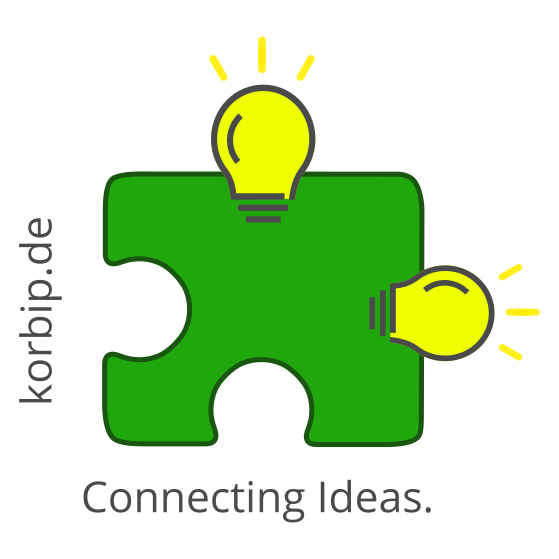'I can'.
A small sentence with a big meaning. It's not a simple statement - which by the way is often wrong in the first place. It's an attitude. 'I can' - is a way to tackle problems, a way to grow.
There are other modals much simpler, easier to live with. 'I want'. That's easy. 'I like'. Nice.
'I can' is usually a lot harder. One really has to do things to prove the ability. One will often fail. And fail again. But failing makes one grow, really seeing the limits of what one is able to and expanding one's abilities.
For example, the 'I don't know', the falsification principle is very famous for being the core of science. It is important and has to be acknowledged when contradictions occur. But the real driving force is the 'I can' in 'I can understand'.
'I can' is the driver also for economic endeavours. Without 'I can', what would be there?
There is even a more powerful one, 'We can'. It lifts the attitude to a group of people. Many people with a 'We can' attitude can achieve big things. For good or bad, but in cooperation they - really - can.
To the contrary, 'I cannot' / 'We cannot' is a giving up on something. It might sometimes be good to keep oneself from blindly falling into a never ending story. But it is to be used carefully.
So it's all 'I can'?
Most of current life is a form of I or 'We can'. Creating a new tool is making the 'I can' flow more easily from people's lips. Climbing up the Mount Everest is a proof of 'I can' do it. We do many things to prove the 'I can' or make the 'I can' appear more like a no-brainer. I have to do this so that 'I can' achieve that.
Well, but that's not all of the story. 'I can' has usually a something to it. This something doesn't pop out of nothing. You have read it, there's also 'I want'. It is the 'I want', the 'I'd like', that only creates the purpose of the 'I can'.
Separating the 'I can' and 'I want' leads to a market system, for good and bad. It can lead to good cooperation, but also exploitation of the others attitude.
So what is the lesson of this story? 'I can' is a good attitude enabling things, also making oneself vulnerable to exploits of people with the 'I want' attitude. But the 'I want' is also only giving sense to the 'I can'.
In modern life the 'I can' attitude is getting easier and easier. But the 'I want' has to keep up with that. Advertisement industry is essentially built up on this asymmetry. But, as for the 'I can' the 'We can', for the 'I want' is also 'We want'.
'We want' - an often heard phrase still too undervalued. The 'We want' only gives purpose to the 'We can'.
'We want' is something still to be developed further compared to the power of the 'We can'. And there are many things, where a decision is urgent. Which way of climate change do 'We want'? What kind of social standards do 'We want' to have? To name only the most important ones (as I think).
In politics, one often hears about a 'We can not'. But surely, 'We can' much more than we think 'We can'. 'We want' is what it's lacking truely. So let's grow it.
(You might have noticed that this is essentially a story also about supply and demand.)
(COVID-19 is actually an exception here, we cannot easily stop this pandemic right away. But still a well-formed "'We want' to end this" is better than countries abusing each other's current weaknesses)
